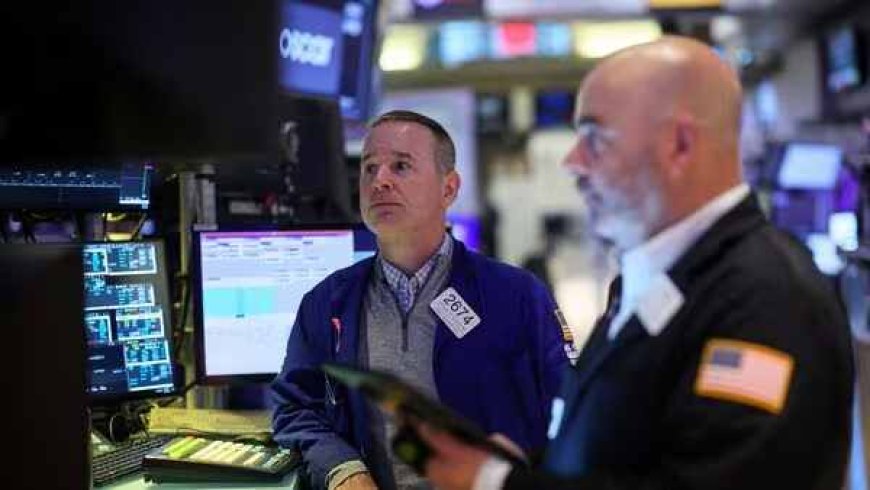What to Expect After the Global Stock Market Slump
Hasan provides insights into how investors can navigate the uncertainty, the potential long-term effects on both large and small businesses, and the broader economic repercussions for those not directly involved in the markets.

The global stock market experienced one of its most significant sell-offs in decades, triggering widespread concern among investors and businesses. The downturn began in Japan, where the Nikkei index plummeted by 12 percent, marking its worst performance since the Black Monday crash of 1987. This drastic fall set off a chain reaction across global markets.
In the United States, the Dow Jones Industrial Average dropped by more than 1,000 points, a decline that caught the attention of even the most casual market observers. The sell-off wiped out a staggering $134 billion from the collective wealth of the world's 500 richest individuals, highlighting the severe impact of the market turmoil.
In this episode of Business Extra, host Cody Combs delves into the ramifications of this historic market slump, discussing what it means for investors, businesses, and the broader economy. Combs is joined by Faisal Hasan, Chief Investment Officer and Head of Asset Management at Al Mal Capital, to analyze the implications of this turbulent day for the global economy.
Hasan provides insights into how investors can navigate the uncertainty, the potential long-term effects on both large and small businesses, and the broader economic repercussions for those not directly involved in the markets. The discussion aims to offer a clearer understanding of the risks and opportunities that may arise in the wake of this financial upheaval.
As the global economy braces for further volatility, this episode of Business Extra offers valuable perspectives on how to prepare for the uncertain road ahead.

 LD Web Desk
LD Web Desk 